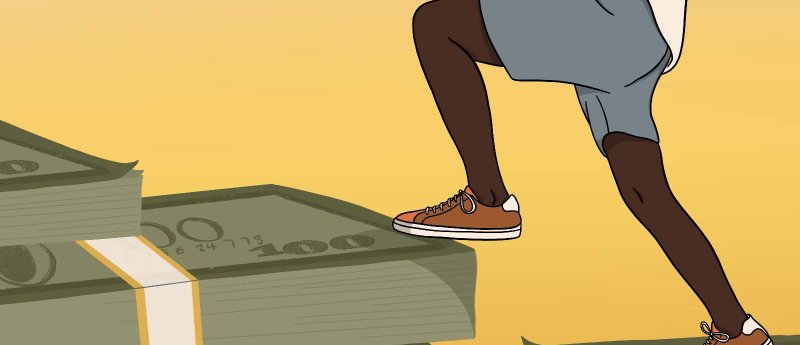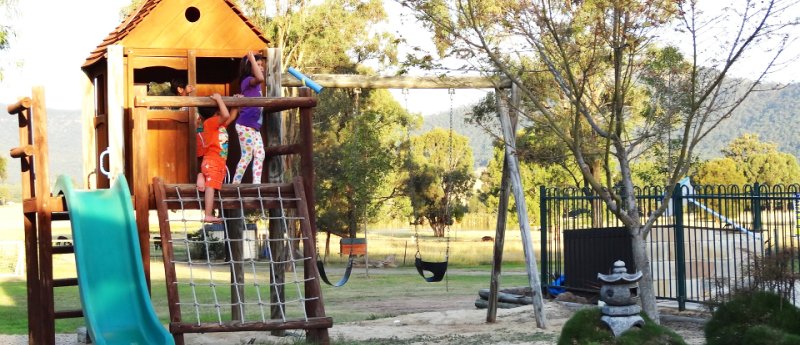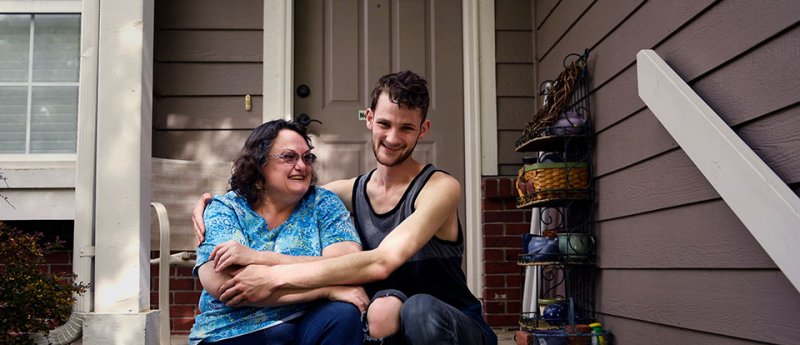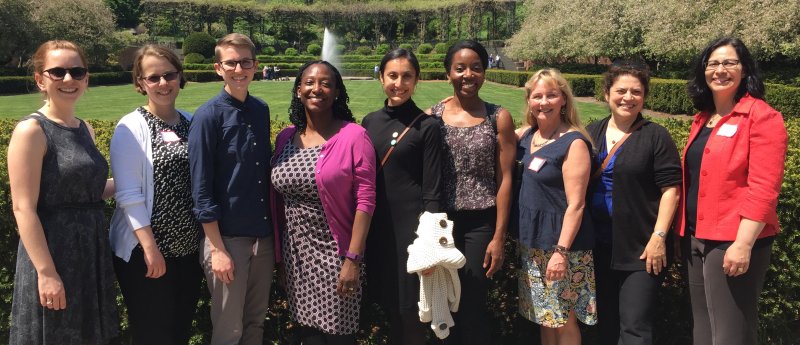 Public Health
Public Health
-
Health Care Systems and ServicesWhether through Medicaid or private insurance, having coverage is consistently tied to improved medical care access
For decades, Medicaid has provided virtually no-cost coverage to millions of Americans priced out of the private insurance market. Still, state legislators, policy analysts, and the popular press continue to question Medicaid’s value, particularly in relation to private coverage. Twelve states have not expanded Medicaid coverage under the Affordable Care Act (ACA) framework despite the offer of federal funding to cover 90 percent of the costs associated with the additional enrollees.
March 28, 2022
|P4A Spark
| -
Turning research into actionNew Insights on How Philanthropy Can Improve Community Health
The health and well-being of people are intimately tied to the conditions of life in their communities—conditions that structure opportunities and pathways for lifelong and even inter-generational well-being. Philanthropic efforts to improve community health must attend to the many systems that shape life conditions by focusing not only on whom, what, or where to fund, but equally importantly, on how to fund.
October 1, 2021
|P4A Spark
| -
 Turning research into actionWhy Building Black Wealth is Key to Health Equity
Turning research into actionWhy Building Black Wealth is Key to Health EquityDarrick Hamilton, the Henry Cohen Professor of Economics and Urban Policy at The New School, has gained national recognition for shaping policy solutions to close the racial wealth gap, which refers to how hundreds of years of structural racism have deprived Black families of resources that accumulate and transfer from one generation to the next.
September 16, 2021
|P4A Spark
| -
 Turning research into actionBuilding an Inclusive Pandemic Recovery for All
Turning research into actionBuilding an Inclusive Pandemic Recovery for AllThe COVID-19 pandemic has exacerbated racial, ethnic, and gender disparities that have existed since long before the current public health crisis. With declining infection rates and increasing vaccination rates, the United States seems to be on a path to recovery.
June 24, 2021
|P4A Spark
| -
 Turning research into actionA New Era Built on Actionable Policy-Oriented Evidence
Turning research into actionA New Era Built on Actionable Policy-Oriented EvidenceTwo pandemics upended our nation this year. The novel coronavirus (COVID-19) continues to sicken, kill, and reshape the lives of people everywhere, and is also testing our nation’s healthcare, public health, education, and social protection systems like never before. The second pandemic is one that has been with us since well before our nation’s founding but has come into much sharper focus this past year.
January 29, 2021
|P4A Spark
| -
Health Care Systems and ServicesAssessment of Perceptions of the Public Charge Rule Among Low-Income Adults in Texas
A recent expansion of the federal “public charge” rule allows the government to deny immigrants permanent residency based on their income or health status or if they participate in programs that did not previously trigger the rule, such as Medicaid or the Supplemental Nutritional Assistance Program [SNAP]. Critics contend that this will dissuade individuals from participating in programs or obtaining medical care. In this JAMA Network Open paper, Benjamin D. Sommers, Heidi Allen, Aditi Bhanja, Robert J. Blendon, John Orav, and Arnold M. Epstein examine perceptions of the new public charge rule and its potential impacts on public program participation and medical care among low-income adults in Texas.
July 15, 2020
|Evidence
| -
 Turning research into actionState Legislators Increasingly and Covertly Preempt Local Public Health Policymaking
Turning research into actionState Legislators Increasingly and Covertly Preempt Local Public Health PolicymakingEven as the COVID-19 pandemic raged, state legislators continued to quietly pass laws that consolidate power in state capitals and take away local governments’ authority to protect public health. Oklahoma is the latest example.
June 10, 2020
|P4A Spark
| -
Children and FamiliesDo Stricter Immunization Laws Improve Coverage? Evidence from the Repeal of Non-Medical Exemptions for School Mandated Vaccines
The rising rate of non-medical exemptions is a driving force behind our nationwide measles crisis. Chelsea J. Richwine, Avi Dor, and Ali Moghtaderi of George Washington University examine the effect of California’s 2016 decision to repeal all non-medical exemptions on immunization coverage in a new working paper.
May 20, 2019
|Evidence
| -

To find out whether California's 2016 repeal of non-medical exemptions was associated with an increase in uptake of vaccines required for school entry, P4A researchers at George Washington University evaluated California’s new policy and tracked vaccination rates from 2012 to 2017. While vaccination coverage rose, the policy came with unintended consequences.
February 28, 2019
|P4A Spark
| -

The Low-Income Housing Tax Credit (LIHTC) Program is the nation's single most important source for building and preserving safe and decent affordable rental housing. It is also a potentially powerful tool for improving the health and well-being of low-income families.
August 7, 2018
|P4A Spark
| -

Proposed budget cuts to the Department of Housing and Urban Development (HUD) would likely result in a loss of federal housing assistance--and potential rent hikes--for thousands of low-income families. Our forthcoming study will test whether differences in the monetary value of housing assistance received by households translates into meaningful differences in health outcomes.
June 6, 2018
|P4A Spark
| -
 Turning research into actionFlipping the research fellowship: Direct engagement improves practices and builds knowledge
Turning research into actionFlipping the research fellowship: Direct engagement improves practices and builds knowledgeManmeet Kaur, executive director and founder of the Harlem-based community health organization City Health Works, is the inaugural recipient of the Janice Nittoli Practitioner Fellowship. Funded by the Rockefeller Foundation, the Nittoli Fellowship is awarded to innovative, entrepreneurial practitioners working in communities to address inequalities and is open to applications.
October 10, 2017
|P4A Spark
|